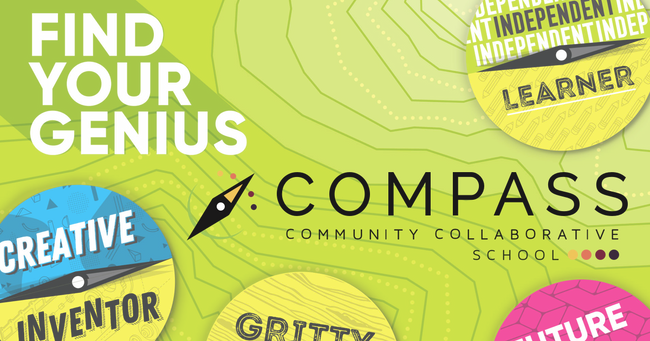By Kayla Crowe-Stover
All over the world, whether in private chats or through viral memes, parents seem desperate to find out how to become a homeschool teacher, and my answer to this question is “you already are?” Think about the early years with your children. Their first words, their first art projects, their first trip to the ocean, each of these moments held you, their parents, as their teacher. Almost immediately after our children enter elementary school, we no longer feel adequate to teach them. We leave the teaching to the experts, the ones who have read the state standards and will prepare them for the tests. During these times of uncertainty, we need to ask ourselves, what do we want our children to know, and how can we use this unique time and space to reimagine learning.
I am optimistic that this time can be both an opportunity for change and for reflection on how we educate our kids. While we are all quarantined within our own four walls, we can begin to eliminate the wall between home and school and take notice of what our children really need to know. For decades, the educational gurus have given us advice that we have NOT listened to. What are these experts screaming? They scream, “Let them play!” All of those early learning experiences we’ve shared with our children evolve from a place of play and curiosity. Now is the most opportune time to allow our children’s imaginations to become their curriculum. This does not, however, mean that our work is done. Just toss them in the backyard and yell, “Ok, go out and learn something!” In a playful classroom at home or at school, the teacher/ parent’s job is challenging at first, but I believe the reward will pay off in the end.
Our job as educators is to first observe. Watch and listen to your children. Play and explore with them while taking mental notes from their natural curiosities. Here you will be able to draw from your own skills and expertise on how to take their curiosities to the next level of understanding. This is the most important and impactful form of learning. You might be asking, “Well, what about the Math, English, Science, etc…?” Surprisingly, the standards they need to meet in school will naturally come out of building a birdhouse or writing their own play or reading an article on the history of their interests.
Many parents are saying, “I am not cut out for this”, and believe me, many teachers say it too, but as educators, we must have confidence in what we already know as adults. How are you a problem-solver? How are you transitioning, shifting, evolving during this time? Are you also tapping into more creative projects? Include your children! Simply putting them in front of a screen for six hours will not help you with managing this situation. It will not eliminate disruptions, or increase your kid’s learning. Giving them technology as a tool, however, to learn how airplanes fly or the history of the Samurai because they are curious will make the technology use meaningful.
We must remember, the best teachers listen, make relevant observations, guide, and give helpful feedback. This does take work and dedication but like the ninja master who teaches their smaller pupil to use their opponent’s strength against them, we can use our kid’s own energy and curiosity to work in our favor and they will be better for it.
